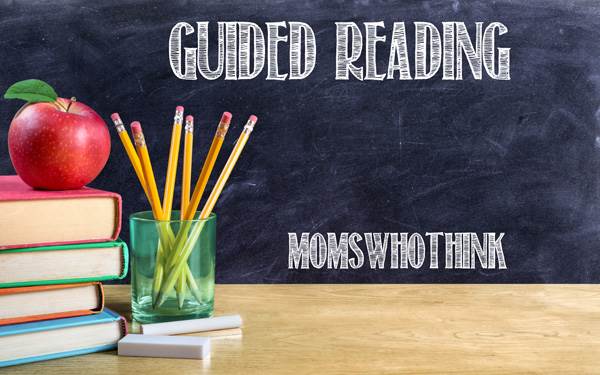As the parent of a young reader, you are excited about the new and exciting doors that reading will open for your child. When it comes time to take an active role in teaching reading skills to your child all too often you are left feeling overwhelmed, underqualified, or just plain out of the reading loop. There is much you can and should do to help, and the good news is it isn't at all complicated. So how can you as a parent get involved with your child reading? Let's explore some options of ways to get your child involved with reading.
Key Points
- It's important to start talking with your child about their day and what they're learning in class to help them gain confidence, new words, and improve their reading.
- Starting a book club for finding one nearby that your child can join is a great way for your child to interact with other kids and learn various topics.
- Getting your child in the habit of reading a book every single day. It doesn't have to be a lot, but doing this consistently will potentially encourage how to read more.
- Because every child is different, testing out various tactics and allowing them to go at their own pace is important.
Have Conversations With Your Child
That's right! When your child enters the school system it is time to use your words, often. Talk to your child's teacher and find out what reading program is being used. Chances are, you'll hear about guided reading.
Guided reading allows the teacher close interaction with students on similar reading levels. Knowing what concepts and skills are being taught and which books are being read will allow you to practice with your child at home. The teacher is not the only person you need to communicate with.
Establishing a habit of talking about your child's day will not only build a strong parent/child bond but will bolster reading ability. For greatest success avoid yes or no questions. Studies indicate that youngsters who have meaningful conversations on a regular basis learn new vocabulary, gain confidence and improve reading comprehension.
Trying Out Kids Book Clubs
Joining or creating a book club with your child can motivate them to read on his own. This will help them practice the skills they are learning in guided reading groups at school. It's fun to talk about books, and people of all ages benefit from the experience of sharing a good book with others.
However, try to avoid the boredom pitfall by keeping reading material new and interesting. This is easy to do. Make regular trips to the library. This is especially exciting for your child if they have their own library card.
Let them choose any book they wish, but try to help them find books that are not too far above or below their reading levels. Books that are too easy will not enable your child to progress. Books that are too difficult may plant seeds of frustration. You can help of course with your active participation during reading time at home. If you are there to help decipher more difficult texts, your child is less likely to give up.
Read a Book a Day
It is important for your child to read on a daily basis. Guided reading together and reading alone are both crucial. Encourage your child to read on his own each day. You can set aside 15-30 minutes in your nightly routine to enjoy a book together.
Take turns reading aloud to each other, then have personal reading time. You can do this by turning off the TV and reading on the couch.
A treat for young readers is to let them stay up past lights out to read. They will really think they are cheating bedtime when they get to stay up and read. Make sure to talk about the books your child is reading with your child. Showing your interest and support will make reading come to life. Your child's reading appetite will grow, and so will their ability.
Takeaways
While there are many ways to actively get your child involved with reading, each child is different. So, it's important to tailor the experience to your child's personality. For instance, if your child gets anxious in large groups of kids, don't immediately try the book club approach. Eventually, as they get more comfortable with reading and interacting with their peers, you can slowly involve them in these experiences. Additionally, important to be patient. While you have been reading for a while, is a complicated step for your child. And one of your children may not progress as quickly or slowly as your other child. So, it's important to let them go at their own pace. Whatever option you choose to help your child get more involved in Reading, starting early on will benefit them in the long run.
The image featured at the top of this post is ©iStock.com/RomoloTavani.
